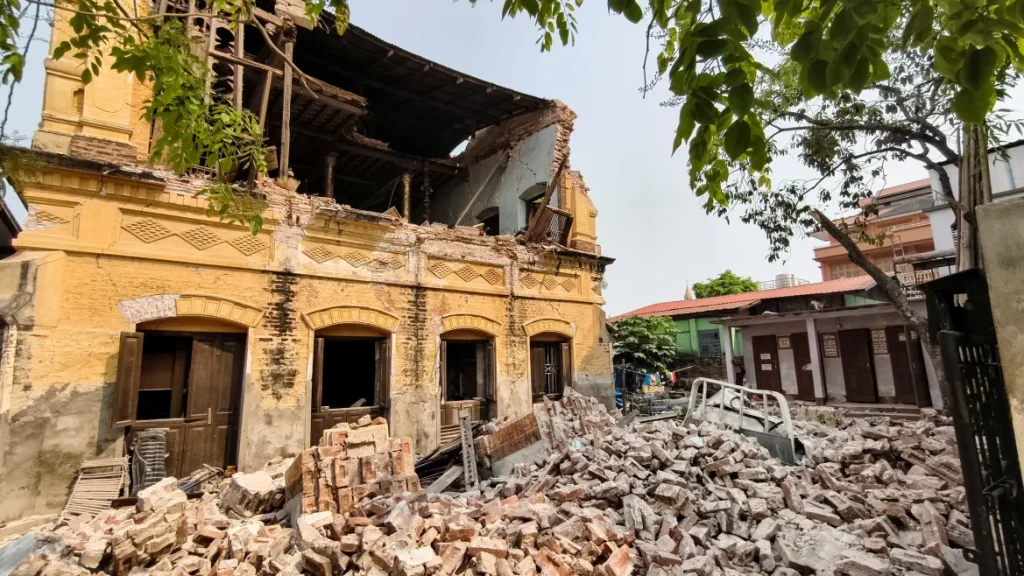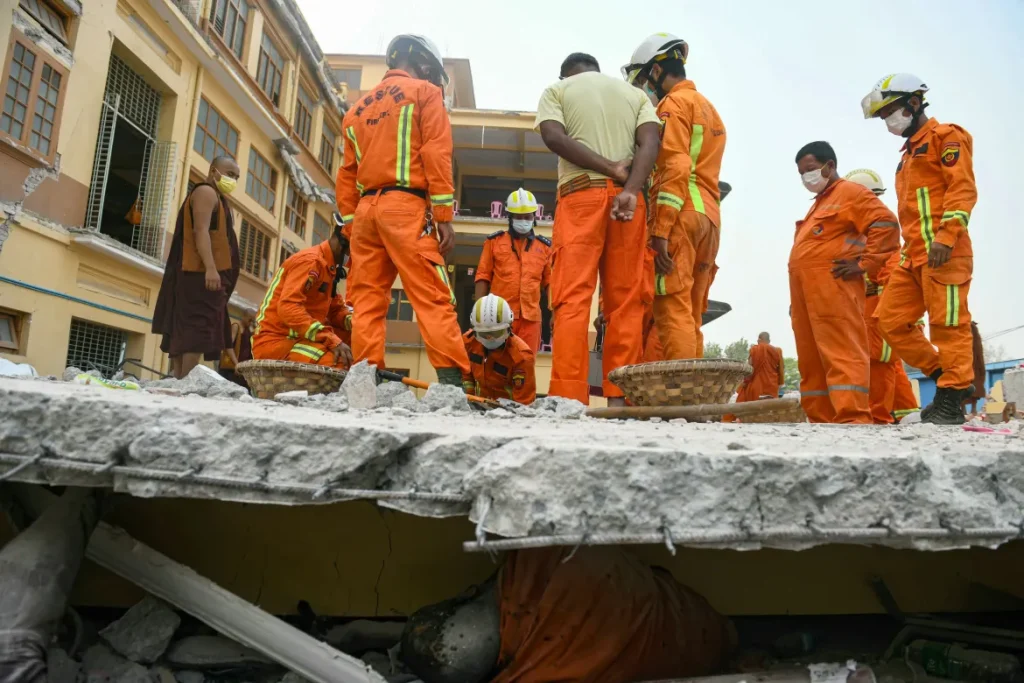Human rights organizations are expressing strong disapproval of South Dakota Governor Kristi Noem’s recent visit to a high-security prison in El Salvador, labeling it as mere “political theater.” The visit, intended to showcase Noem’s support for hardline approaches to crime and governance, has drawn ire from advocates who argue that it glosses over serious humanitarian issues and the troubling conditions within the country’s prison system.
During her trip, Noem praised President Nayib Bukele’s aggressive stance on crime, which has included measures like mass arrests and controversial prison reforms. While Noem framed her visit as a learning opportunity to address crime in South Dakota, human rights activists contend that it raises significant ethical concerns regarding the treatment of inmates and the broader implications of endorsing policies that lead to human rights abuses.
Critics point to reports of overcrowding, inadequate medical care, and inhumane living conditions in Salvadoran prisons, asserting that Noem’s support for Bukele’s administration does not align with humane governance principles. They accuse her of ignoring the adverse human rights implications of such harsh policies, calling into question the integrity of her message regarding public safety.

Organizations like Amnesty International and Human Rights Watch have condemned Noem’s visit as a blatant attempt to garner political favor while showcasing a troubling disregard for the rights and dignity of incarcerated individuals. They argue that her endorsement of Bukele’s tactics undermines the broader work of those advocating for reforms aimed at improving prison conditions and ensuring justice for the marginalized.
Noem, however, remains undeterred by the backlash, asserting that her intention is to bring attention to successful crime reduction strategies. She lauded the efforts of the Salvadoran government, arguing that they could provide insights into tackling crime domestically.
As this situation unfolds, the tensions between political messaging and human rights advocacy continue to rise. The contrasting views illustrate a growing divide on how best to address crime and public safety, particularly within the context of U.S.-Latino relations. As human rights groups mobilize to push back against what they perceive as harmful policies, the dialogue around criminal justice reform, both in the U.S. and abroad, remains high-stakes and deeply complex.






